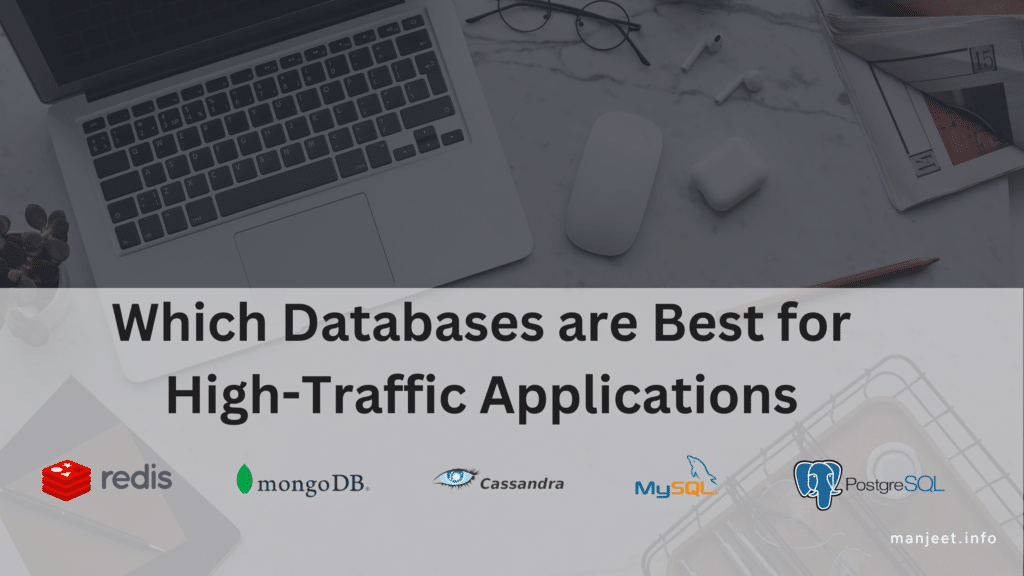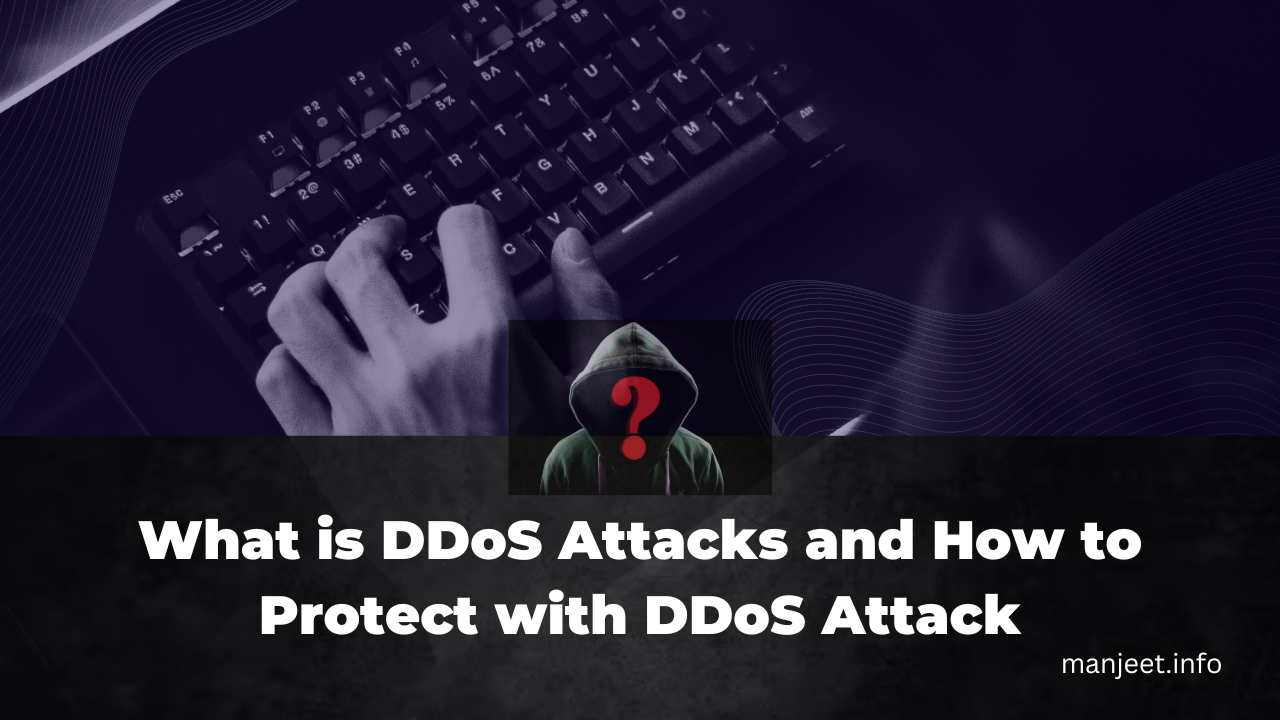When it comes to database speed, there are several factors that can affect performance, including the type of database, hardware resources, and the size and complexity of the data being managed. However, there are some databases that are generally faster than others, and choosing the right one can make a big difference in the speed of your application or service.
Here are some of the fastest databases available today:
- Redis: Redis is an in-memory data store that is designed for high-performance applications. Because it stores data in memory rather than on disk, it can deliver incredibly fast read and write speeds. Redis is ideal for use cases that require low latency and high throughput, such as real-time analytics, caching, and messaging. Read more
- MongoDB: MongoDB is a NoSQL database that is known for its scalability and speed. It is designed to handle large amounts of data and can distribute that data across multiple servers to ensure high availability and performance. MongoDB is a popular choice for web applications, real-time analytics, and content management systems.
- Cassandra: Cassandra is another NoSQL database that is optimized for speed and scalability. It can handle massive amounts of data and is designed to be highly available and fault-tolerant. Cassandra is a popular choice for IoT applications, social media platforms, and other large-scale applications that require high performance and low latency.
- MySQL: MySQL is a popular relational database that is known for its speed and reliability. It is designed to handle large datasets and can deliver fast read and write speeds when optimized properly. MySQL is a popular choice for web applications, content management systems, and e-commerce platforms.
- PostgreSQL: PostgreSQL is another popular relational database that is known for its speed and scalability. It is designed to handle complex data structures and can deliver fast read and write speeds when optimized properly. PostgreSQL is a popular choice for web applications, data warehousing, and analytics.
When it comes to choosing a database for fast delivery, it’s important to consider your specific use case and requirements. If you need low latency and high throughput, an in-memory database like Redis may be the best choice. If you need to handle massive amounts of data and require scalability and fault-tolerance, a NoSQL database like Cassandra or MongoDB may be a better choice. If you’re dealing with structured data and need to ensure data integrity, a relational database like MySQL or PostgreSQL may be the best choice.
In addition to choosing the right database, there are other steps you can take to optimize performance, such as using caching, indexing your data, and optimizing your queries. By taking a holistic approach to database performance, you can ensure that your application or service delivers fast and responsive performance to your users.
Read also Optimizing Redis Cache in a Cluster for High Performance and MySQL Optimization Essential Strategies for Enhancing Database Performance







